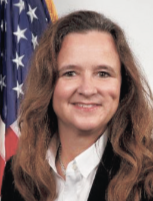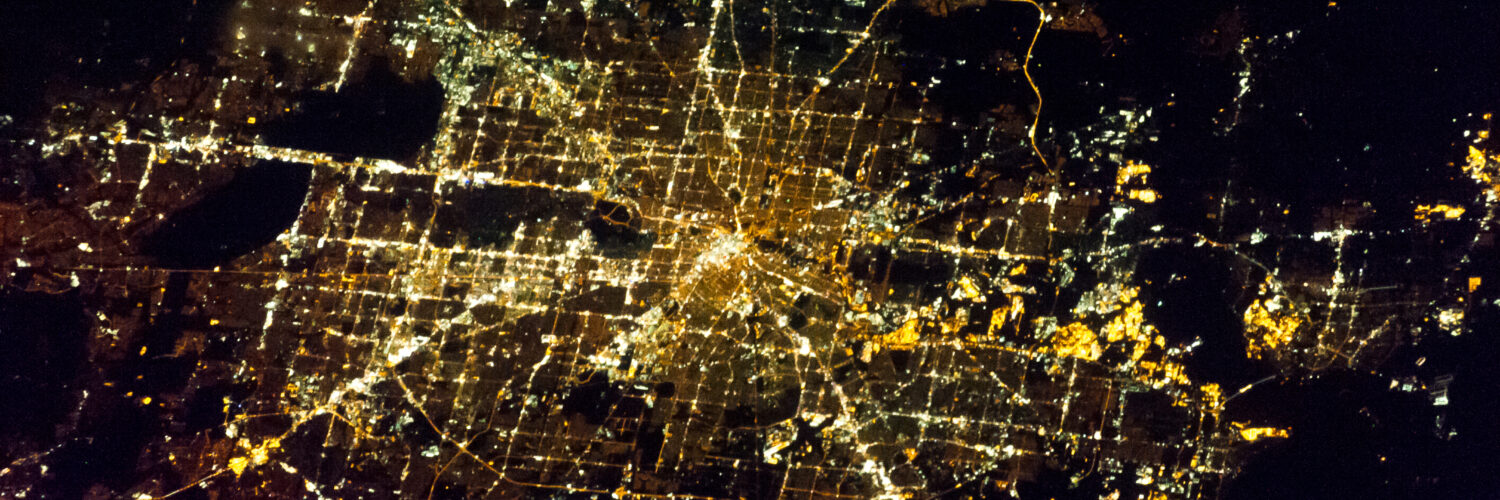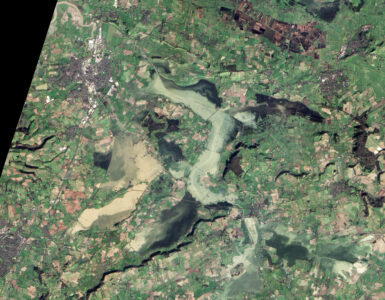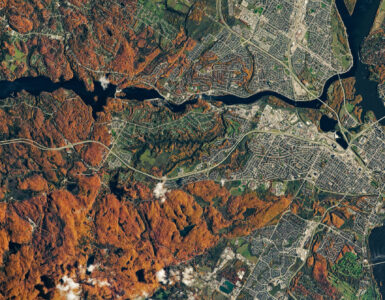Last year, CEOS amplified the substantive body of work and Earth observation datasets and tools that its agencies share openly to address global concerns. This international coordination among remote sensing experts from across the globe continues to yield well curated resources and tools that are accessible to data users worldwide through the CEOS website (https://ceos.org).
Visitors to the website will find resources that demonstrate the solidarity in CEOS for the principle that satellite Earth observation data and products of high quality that are openly accessible and reproducible can serve as accelerators for open science. These resources also serve to inform decision and policy making associated with climate monitoring and research, disaster risk reduction and management, agricultural monitoring, land use and land cover change, water resource management, and ecosystem sustainability, among other drivers for sustainable development and societal benefit.
This newsletter article is an invitation for entities, institutions, and data users already utilizing CEOS data and tools to help us to broaden international awareness of the value and scope of satellite data and resources at your disposal from CEOS agencies at this website. CEOS invites data users to freely study, use, train, and encourage others to use the resources that are openly accessible with this website. Below are some examples of portals and capacity building resources.
– CEOS Global Stocktake (GST) Data Portal: This portal contains links to a wide range of CEOS agency supported datasets of direct interest to national inventory and other data users engaging in the UNFCCC Global Stocktake process and seeking to improve their reporting processes consistent with the climate action cycle of the Paris Climate Agreement (https://ceos.org/gst).
– CEOS Earth Observation Training, Education, and Capacity Development Network (EOTEC DevNet) for global users: This capacity building resource is a network of networks to enhance coordination and communication in the use of space-based Earth observations through regional meetings and online trainings (https://ceos.org/ourwork/other-ceos-activities/eotec-devnet/).
– CEOS Earth Observation Handbook and the Missions, Instruments, and Measurements (MIM) Database: Updated annually with CEOS member agencies, this database provides information on Earth observation missions and the measurements they provide (http://database.eohandbook.com/).
– CEOS Analysis Ready Data (ARD) Portal: This portal provides links to Earth observation satellite data that have been processed to a minimum set of requirements and organized into a form that allows immediate analysis with a minimum of additional data user effort and interoperability, both through time and with other datasets (https://ceos.org/ard/).
– Essential Climate Variable (ECV) Inventory v4.0: This inventory is published and maintained by the Joint CEOS-CGMS Working Group on Climate and provides links to existing Climate Data Records (CDRs) produced mostly by CEOS and CGMS member agencies. It is a structured repository that also includes placeholders for future CDR provision to help mitigate gaps in continuous climate recording (https://climatemonitoring.info/ecvinventory/).
– Vicarious Calibration (VCAL) Portal for Spaceborne Greenhouse Gas Sensors: Maintained by the CEOS Working Group on Calibration and Validation, this portal provides information and links to data acquired annually since 2009 to support the calibration and validation of spaceborne Greenhouse Gas (GHS) sensors (https://www.eorc.jaxa.jp/GOSAT/GHGs_Vical/index.html).
We thank the entire CEOS community for its commitment to sustained international cooperation to mitigate global challenges with high quality satellite Earth observation data, products, and tools.
Karen M. St. Germain, Ph.D.
NASA, 2021 CEOS Chair
